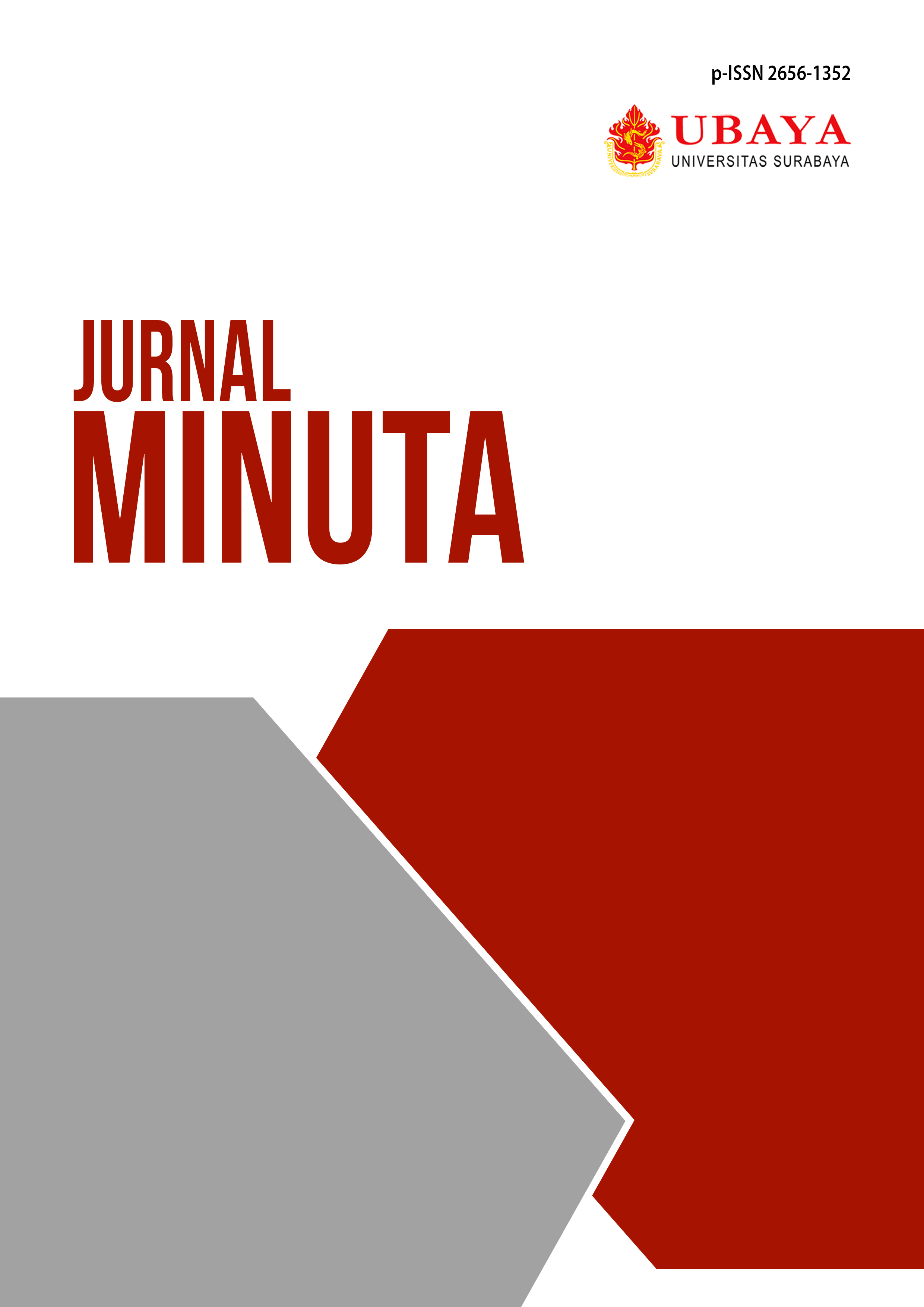Analisis Politik Hukum Pertanahan Terhadap Perlindungan Data Sertifikat Elektronik
 Abstract Views:
207 times
Abstract Views:
207 times
 PDF Downloads:
87 times
PDF Downloads:
87 times
Abstract
Technological advancements and digital breakthroughs have prompted the Ministry of Agrarian Affairs and Spatial Planning, in collaboration with the National Land Agency, to modernize land administration by implementing electronic land registration through digital certificates. In 2021, the introduction of Electronic Land Certificates (STE) began with the release of Regulation Number 1 of 2021 by the Ministry of Agrarian Affairs and Spatial Planning/National Land Agency. This regulation was subsequently replaced and updated with Regulation Number 3 of 2023, focusing on the issuance of digital documents within land registration processes. Despite its benefits, this innovation has introduced new challenges, particularly in addressing the risks associated with cybercrime. One significant threat is the potential loss of an electronic certificate due to hacking. To address these concerns, both vertical and horizontal legal protection is necessary. The minister must ensure that comprehensive legal safeguards are in place, protecting against government interference as well as threats from individuals or other groups in relation to the security of electronic certificates. The research question raised in this paper is whether there is an adequate legal framework regulating the protection system of electronic certificate data stored in electronic vaults. The purpose of this paper is to analyze the political law of land administration regarding electronic certificates and to examine the legal protection of data stored in electronic vaults. This study concludes that the validity and security of electronic land certificates require comprehensive safeguards, including encryption mechanisms and the role of the National Cyber and Crypto Agency (BSSN), to prevent risks of digital loss or manipulation.
Downloads

This work is licensed under a Creative Commons Attribution-ShareAlike 4.0 International License.
All articles published in MINUTA are licensed under a Creative Commons Attribution-ShareAlike 4.0 International (CC BY-SA) license. This means anyone is free to copy, transform, or redistribute articles for any lawful purpose in any medium, provided they give appropriate attribution to the original author(s) and MINUTA, link to the license, indicate if changes were made, and redistribute any derivative work under the same license.
Copyright on articles is retained by the respective author(s), without restrictions. A non-exclusive license is granted to MINUTA to publish the article and identify itself as its original publisher, along with the commercial right to include the article in a hardcopy issue for sale to libraries and individuals.
Although the conditions of the CC BY-SA license don't apply to authors (as the copyright holder of your article, you have no restrictions on your rights), by submitting to MINUTA, authors recognize the rights of readers, and must grant any third party the right to use their article to the extent provided by the license.

 DOI:
DOI:







